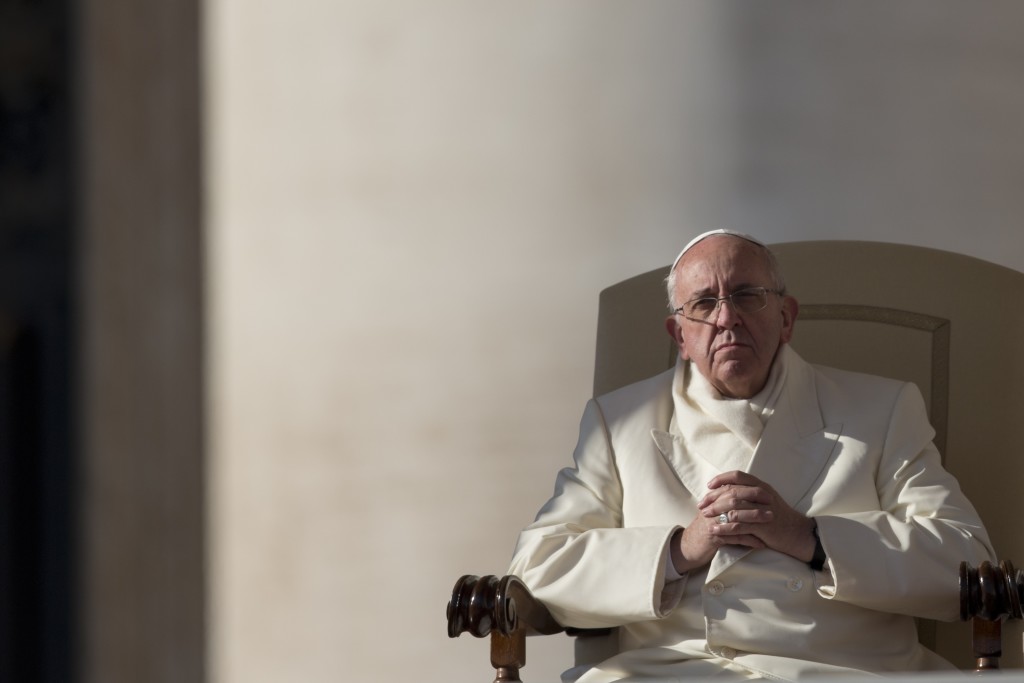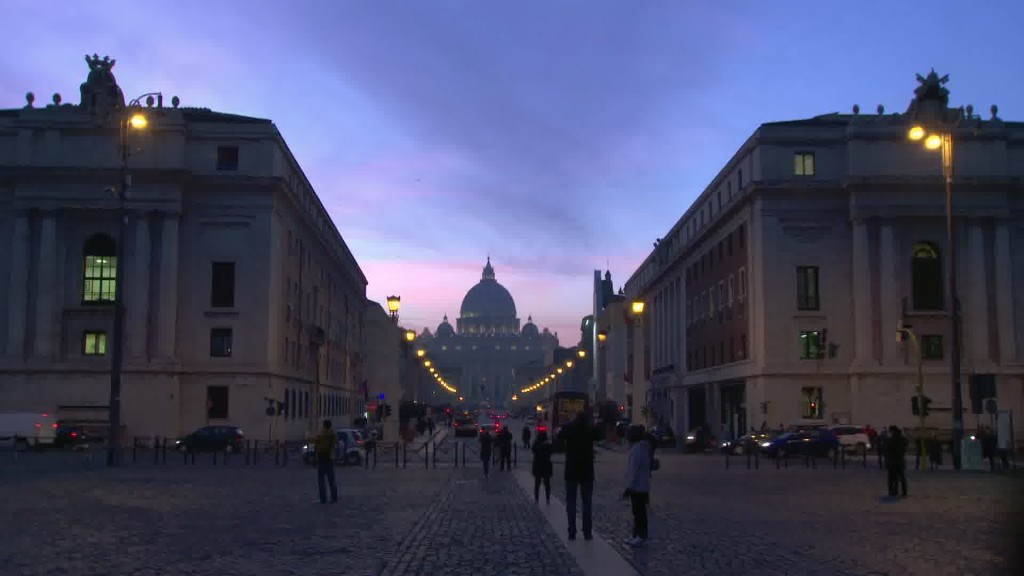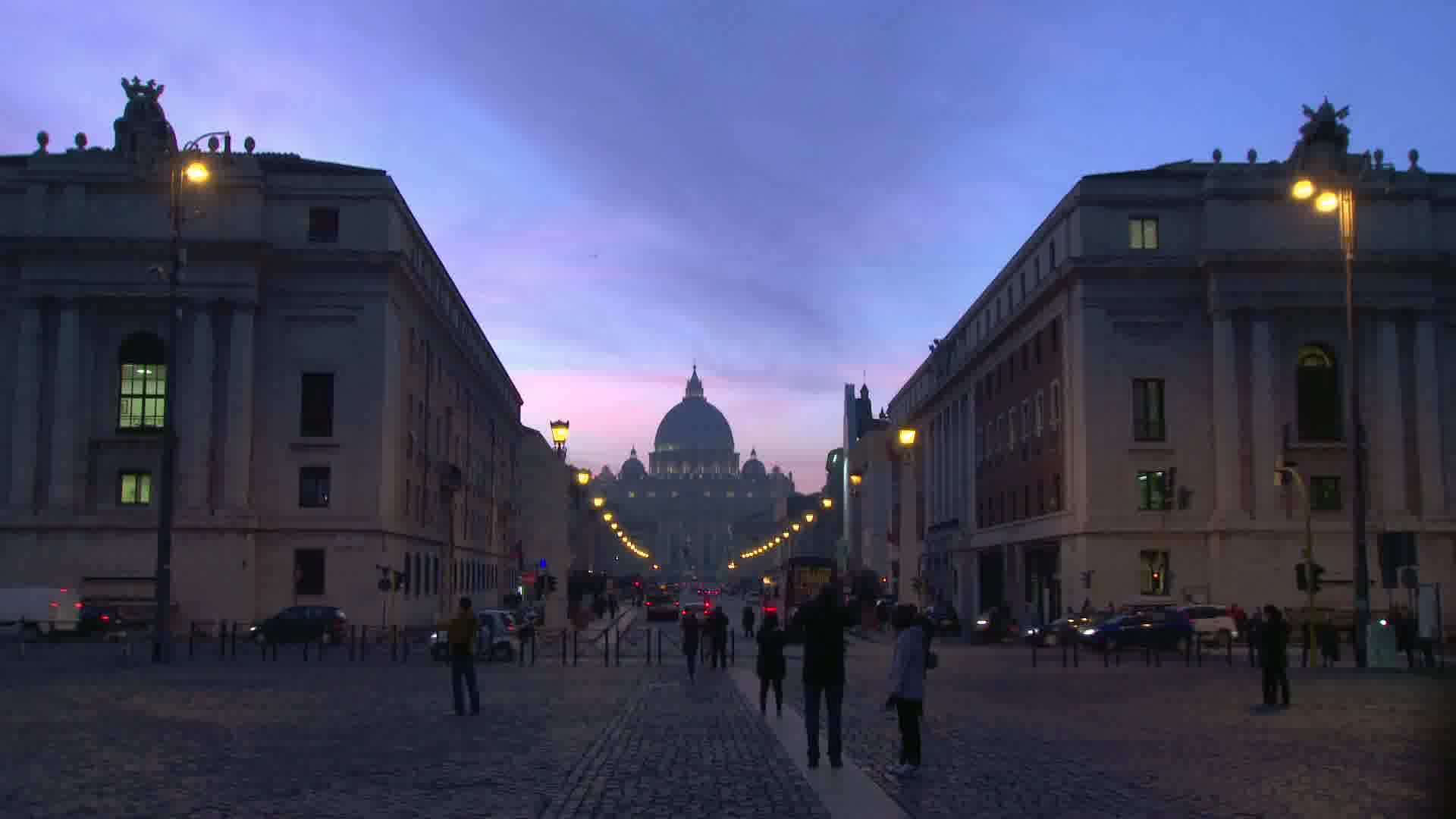Pope Francis Defends Church’s Response To Clergy Sex Abuse

March 5, 2014
Share
In one of his first public comments on the issue of clergy sex abuse, Pope Francis defended the Catholic Church’s response to the crisis, telling an Italian newspaper, “no one else has done more.”
The pope’s statements marked one of his boldest replies yet to criticism of the church’s handling of abuse cases, and came a month after a highly critical United Nations report found cause for alarm with the Vatican’s past and present practices.
“The cases of abuse are awful because they leave profound wounds,” Francis said. But, he added: “The Catholic Church is maybe the only institution to have moved with transparency and responsibility. No one else has done more. Yet the church is the only one to be attacked.”
One year into his papacy, Francis has taken several steps to address the abuse scandal. In July, he overhauled Vatican law to specify sexual violence against children as a crime. Five months later, he established a commission to advise him on how to protect children from pedophile priests and on how to counsel victims.
At the same time, the Vatican declined to cooperate with the U.N. investigation, which concluded “that the Holy See has not acknowledged the extent of the crimes committed, has not taken the necessary measures to address cases of child sexual abuse and to protect children, and has adopted policies and practices which have led to the continuation of the abuse by and the impunity of the perpetrators.”
While not addressing the U.N. report directly, the pope seemed to question the focus of the debate.
“The statistics of the phenomenon of violence against children are staggering,” he said, “but show clearly that the vast majority of abuse happens in the family setting and neighborhood.”
The wide-ranging interview with Italy’s Corriere della Sera newspaper touched on several other issues facing the Vatican, including the role of women in the church, gay marriage and the ban on artificial contraception.
Addressing the role of women, Francis said “Women must have a greater presence in the decision-making areas of the church.” He did not, however, discuss the possibility of allowing women to become deacons, as many in the church have advocated.
On the issue of birth control, Francis referred to the 1968 papal encyclical Humanae Vitae, which outlined the church’s opposition to contraception. “It all depends on how you interpreted Humanae Vitae,” he said. “The issue isn’t about changing doctrine, but digging deep into the question and making sure that the pastoral approach considers specific situations and considers what is possible for people.”
Asked about same-sex marriage, he responded: “Marriage is between a man and a women.”
Francis also used the interview to admit he is uncomfortable with the fame that has come with being pope, appearing to reference a drawing of himself as a superhero on a building close to the Vatican. “To depict the Pope as a kind of superman or a star seems to me offensive,” he said. “The Pope is a man who laughs, cries, sleeps calmly and has friends like everyone else. A normal person.”

Related Documentaries
Latest Documentaries
Related Stories
Related Stories
Explore
Policies
Teacher Center
Funding for FRONTLINE is provided through the support of PBS viewers and by the Corporation for Public Broadcasting, with major support from Ford Foundation. Additional funding is provided the Abrams Foundation, Park Foundation, John D. and Catherine T. MacArthur Foundation, Heising-Simons Foundation, and the FRONTLINE Trust, with major support from Jon and Jo Ann Hagler on behalf of the Jon L. Hagler Foundation, and additional support from Koo and Patricia Yuen. FRONTLINE is a registered trademark of WGBH Educational Foundation. Web Site Copyright ©1995-2025 WGBH Educational Foundation. PBS is a 501(c)(3) not-for-profit organization.





















